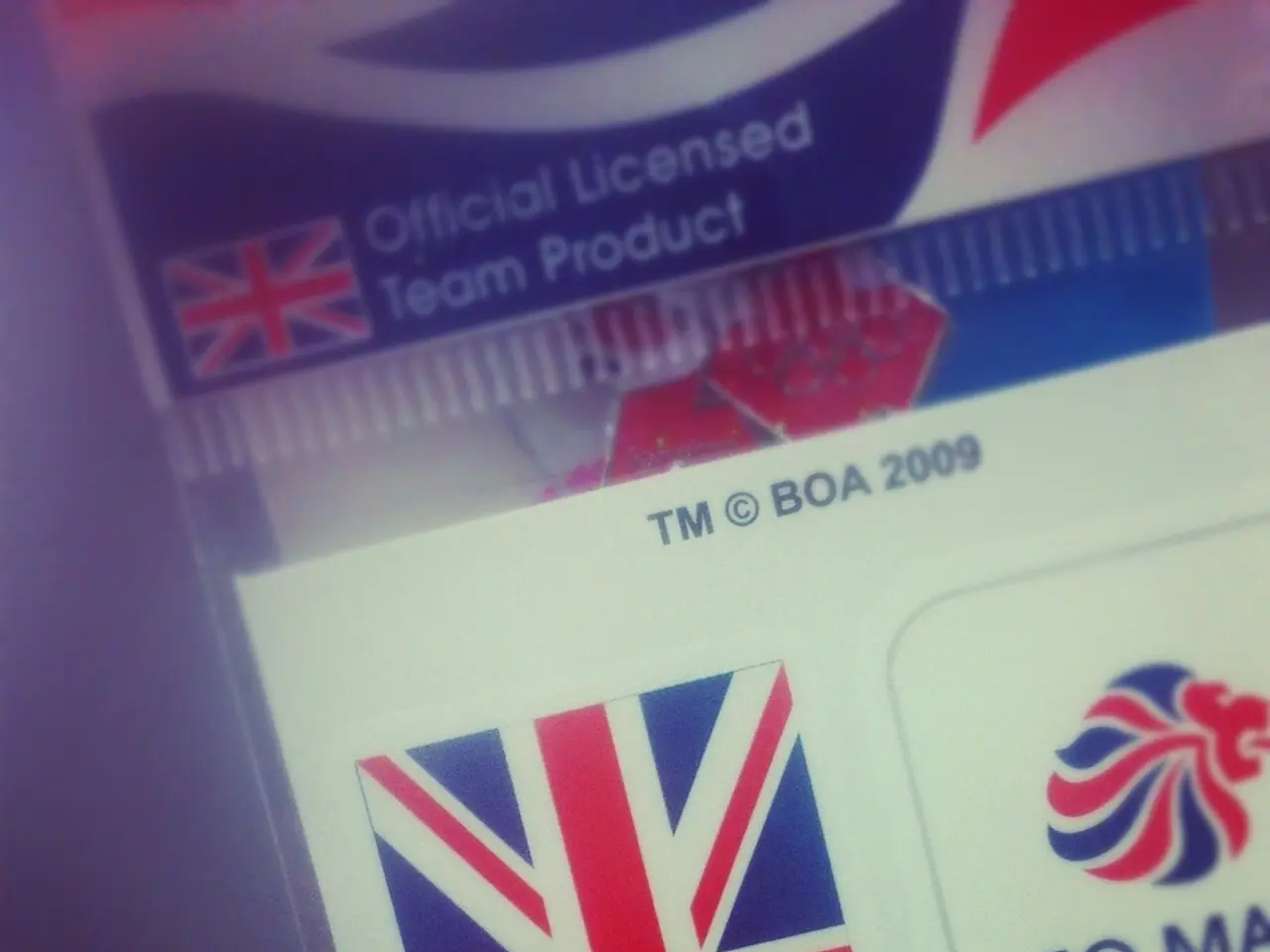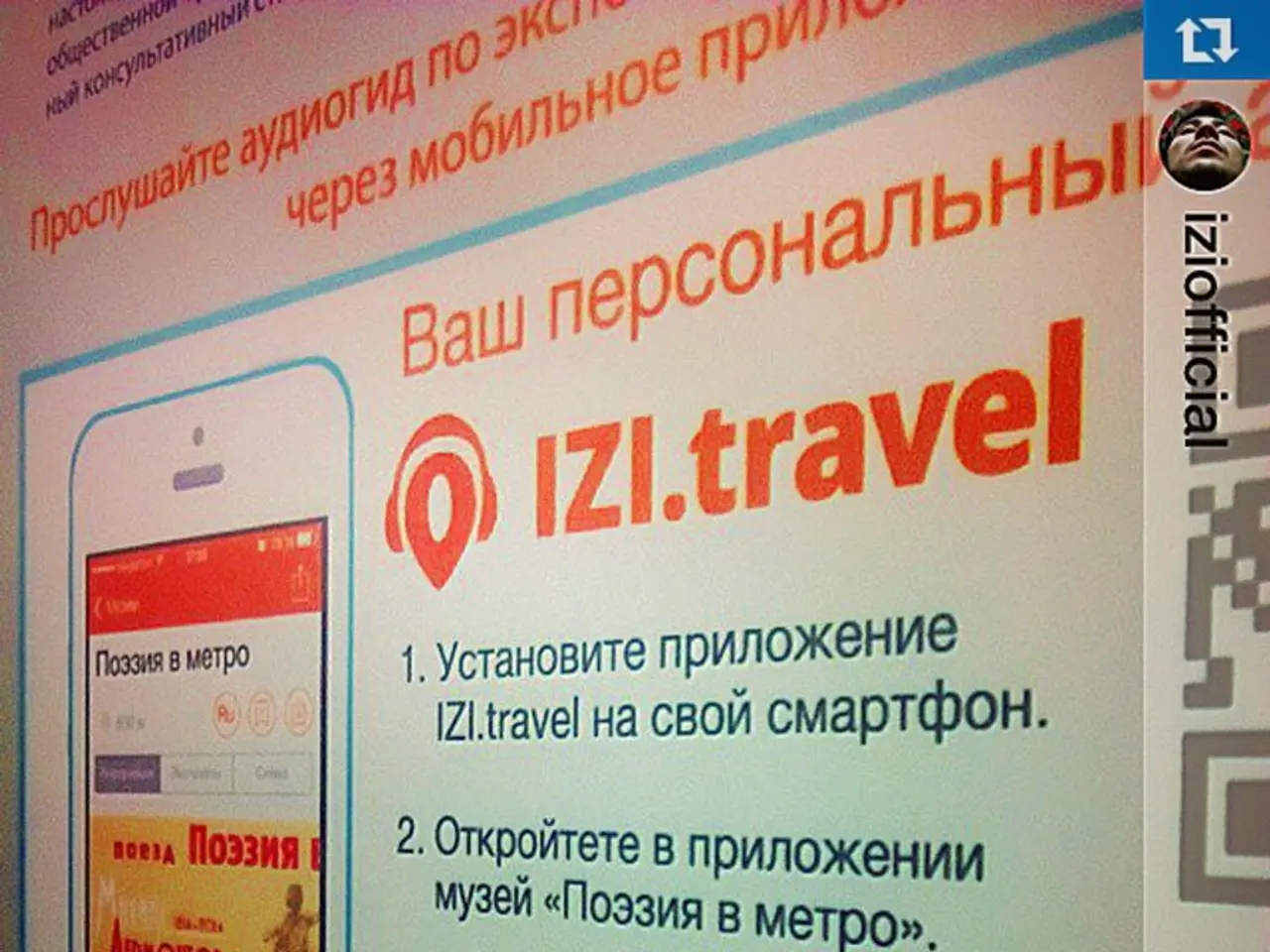Competition intensifies in the pursuit of U.S. banking permits
Fintech companies Circle, Wise, and Ripple are making a significant move by applying for national trust bank charters in the United States. This federal regulation would allow them to operate across all 50 states, with the added benefit of settling transactions in USD, the world's global reserve currency.
The charters enable these fintech companies to gain direct access to U.S. payment systems, including Federal Reserve payment rails and a Master Account. This direct access reduces reliance on intermediary banks, lowering costs and increasing speed and transparency in payments.
Key benefits of obtaining a U.S. bank charter include lower transaction costs, faster settlement times, improved control and flexibility, and regulatory clarity and trust. By avoiding correspondent banking layers and costly intermediaries, fintech banks can offer much cheaper cross-border payment services. Direct connections to payment systems enable real-time or near real-time settlement, vital for competitive international payments. Holding a bank charter allows fintechs to manage funds directly, improving liquidity management and enabling innovative products, such as programmable money or stablecoin integration. A chartered bank status increases credibility with regulators and customers, creating smoother compliance pathways and potentially unlocking broader market access.
The impact on the future of cross-border transactions could be transformative. Chartered fintech banks can bridge traditional fiat rails with blockchain-based stablecoins, enabling near-instantaneous, low-cost transactions globally while maintaining regulatory compliance. With direct US payment rail access, fintechs can establish more efficient pay-in and pay-out systems internationally, speeding adoption of new corridors and benefiting emerging markets where last-mile payment infrastructure is improving. This may challenge correspondent banking dominance, driving broad innovation in cross-border payments with improved transparency, programmability, and customer experience.
Moreover, the potential for new joint stablecoin offerings by banks could further reduce cost and speed barriers if fintechs and banks work together leveraging their charters and blockchain technology. The US regulatory landscape is evolving to accommodate fintech companies seeking to operate in the cross-border payments market, with more companies expected to apply for US banking charters this year.
Previously, a company like Wise would have to work with an intermediary US bank to move money, but having its own branch will help provide faster, more cost-effective payments to and from the US. The US is a primary payments market, making access to it advantageous for cross-border payments strategies. The evolving regulatory landscape and growing demand for seamless payments could make bank charters advantageous for faster cross-border payments to the US.
In summary, U.S. bank charters empower fintech companies to directly access Federal Reserve payment systems, substantially lowering costs and speeding up cross-border payments. This advantage fuels the integration of stablecoins and blockchain technology into international payments, positioning chartered fintechs to reshape and accelerate the future of global money transfers with greater efficiency and transparency.
[1] Circle [2] Ripple [3] Wise [4] National trust bank charters and Innovation Bank Charters are two types of banking licenses available in the US. [5] Ripple is seeking access to the Federal Reserve's payments infrastructure through one of its subsidiaries. [6] Moneycorp has been approved for a state-level Innovation Bank Charter from the Connecticut Department of Banking, allowing it to operate in Connecticut but not take deposits. [7] The 'trust' part of the national bank charter means these companies are not yet authorized to take deposits or make loans without further approval. [8] Obtaining a US banking charter could provide access to the US financial system and its primary payments market. [9] National bank charters are more difficult and costly to acquire than other license types, but they enable companies to scale up more quickly and avoid complying with a patchwork of state laws. [10] The US regulatory landscape is evolving to accommodate fintech companies seeking to operate in the cross-border payments market.
- The charters apply for, such as those by Circle, Wise, and Ripple, will allow these fintech companies to access the U.S. financial system and its primary payments market directly.
- With direct access to the Federal Reserve payment systems granted by the national trust bank charters, fintech companies can offer cheaper cross-border payment services by avoiding costly intermediaries and correspondent banking layers.




